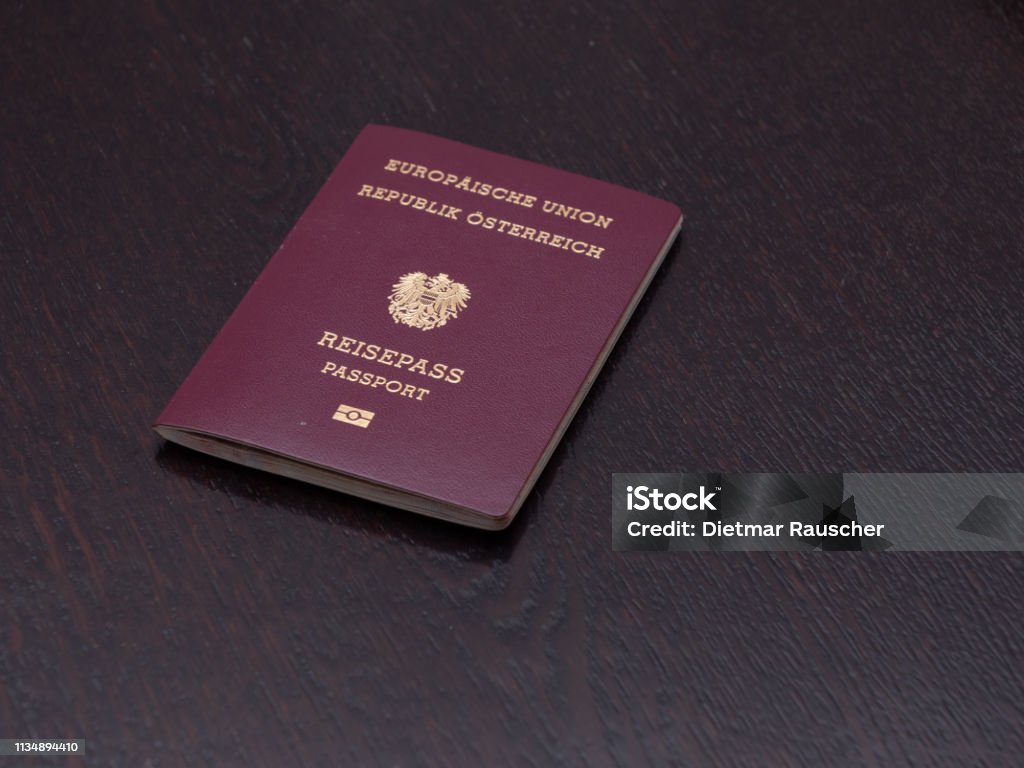Deep ingrained cultural traditions, a good quality of life, and close links to the European Union define Austria. For those with Austrian background, becoming a citizen by descent may be a significant approach to re-establish connection with their background. Unlike citizenship via naturalization/investment, citizenship by descent is determined by your bloodline—more especially, whether one or both of your parents were Austrian citizens at the time of your birth.

Understanding Austria’s jus sanguinis principle
Austria follows the jus sanguinis (right of blood) concept, which holds that parentage rather than birthplace mostly passes along citizenship. Regardless of where the birth takes place, under this system a kid becomes a citizen of Austria if at least one parent is an Austrian citizen at the time of the child’s birth. This is not the case in nations like the United States or Canada, where nationality may usually be obtained by simply virtue of birth on national territory. Most crucial in Austria is the citizenship of the parents.
Automatic citizenship by descent
Should both parents be Austrian, a kid naturally becomes a citizen of Austria. Should just one parent be an Austrian citizen, the following criteria hold:
Should the parents be married at the birth of the kid and one of them is Austrian, the infant immediately gains Austrian nationality.
Should the mother be Austrian and the parents be unmarried, the kid gains automatic Austrian citizenship.
Should the father be Austrian and the parents not be married, paternity must be formally acknowledged eight weeks after the kid’s birth in order for the infant to immediately become a citizen.
Should paternity be acknowledged beyond this eight-week period, the kid could still be qualified for Austrian citizenship, but it will require an application process rather than automatic transmission.
Citizenship for descendants of former Austrian citizens
Under some particular circumstances, descendants of former citizens of Austria who lost their citizenship because of historical events might also be qualified. Austria allows Holocaust survivors and their direct descendants—children or grandchildren—of those who lost citizenship due to Nazi-era persecution (1933–1945) to restore or acquire Austrian nationality. Often referred to as restoration of citizenship, this has less criteria than naturalization.
Method of application
You will have to apply if you were not automatically enrolled as a citizen of Austria but feel you qualify based on descent. The procedure entails:
Gathering and turning in records like birth certificates, passports, and evidence of your parent’s Austrian citizenship at the time of your birth.
Cases requiring restoration of citizenship—that is, resulting from Nazi persecution—will need for more historical record and proof.
Usually, applications are sent either straight to the immigration authorities (Magistrat or Bezirkshauptmannschaft) if you live in Austria or via the Austrian embassy or consulate.
For papers not in German, you can additionally be required to submit verified translations and legalisations.
Dual citizenship considerations
Generally speaking, Austria forbids dual citizenship—especially in relation to voluntary acquisition of another nationality. You could be able to keep dual citizenship, however, if you descend from Austria and already carry another nationality (e.g., from your country of birth). This is particularly possible if you were born with automatic acquisition of another citizenship. Every case is examined separately; to find out if dual citizenship is allowed in your circumstances, it is advisable to contact the authorities or seek legal advice.
Advantages of Austrian nationality
Getting Austrian citizenship by descent has a few really significant benefits:
- European Union and European Economic Area (EEA) freedom of movement and job privileges all around.
- Access to systems of education and healthcare in Austria.
- Possibility of passing Austrian citizenship on to your offspring.
- Rights to vote and engage in public life in Austria.
You may also find these articles helpful
Frequently Asked Questions on Austria
Understanding the impact of criminal records on immigration to Austria
Assessing social benefits and welfare as an immigrant in Austria
